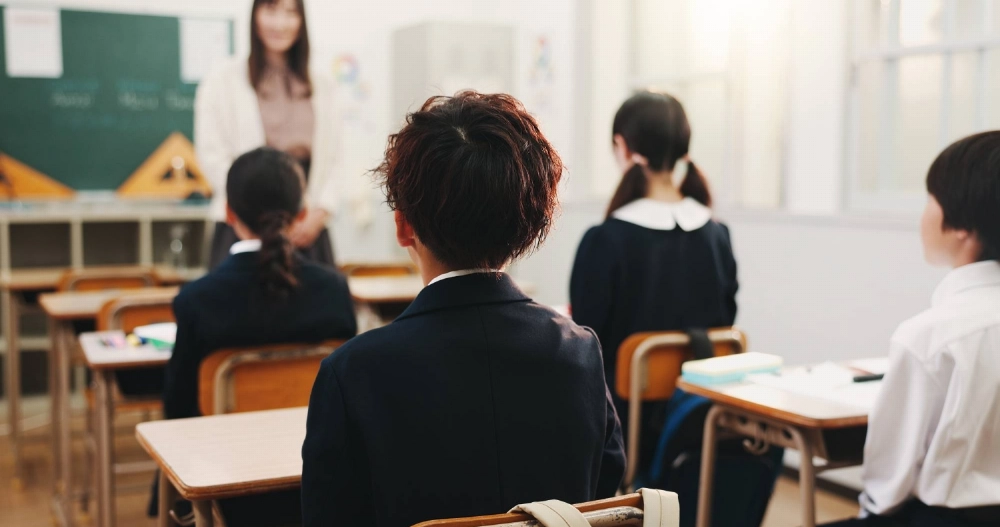At a time when overwork among teachers is attracting attention as a serious social problem in Japan, "ed tech" services to help them out are gaining traction.
The market for ed tech, or educational technology, will grow some 1.4 times from fiscal 2021 to ¥362.5 billion in fiscal 2027, Nomura Research Institute estimates.
Among ed tech service providers, Kofu, Yamanashi Prefecture-based Asfeel offers an app for comprehensive management of extracurricular activities, including communication with member students and their parents and club money collection. It also asks students to post their individual goals by themselves and allows coaches from outside the school to join the digital club operation system.
The app can reduce supervising teachers' paperwork, such as making to-do lists, by an average of 170 minutes per month, Asfeel says.
"We hope to improve the productivity of teachers by involving local communities," a company official said.
A Tokyo startup named Microsimulation has developed a digital test grading system using artificial intelligence.
The "testus" system provides not only temporary evaluations but longer-term leaning and growth support for students, the company said.
According to the education ministry, Japanese junior high schools' spending on educational activities including commercial services accounted for a little over 4% of their total expenses in fiscal 2023.
"Schools are believed to be sticking to the policy of doing everything on their own," experts pointed out.
In a bid to boost cooperation between schools and companies, the industry ministry began offering subsidies to commercial educational services. It also had teachers and others involved in education try out such services at five locations in July and August.
"We want to promote a shift from the school-centered education system," a ministry official said.

















With your current subscription plan you can comment on stories. However, before writing your first comment, please create a display name in the Profile section of your subscriber account page.